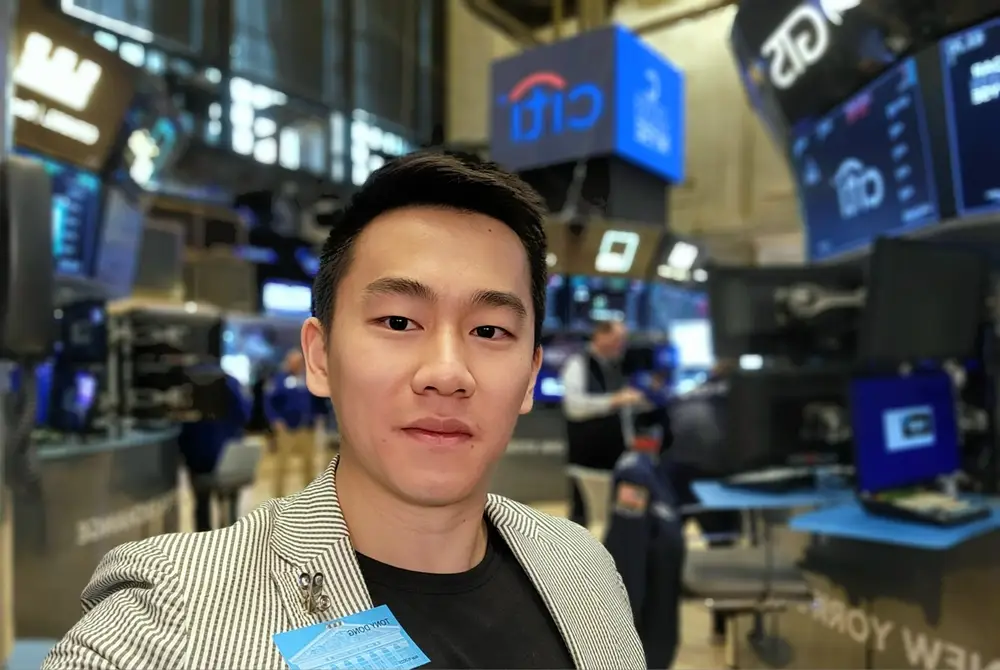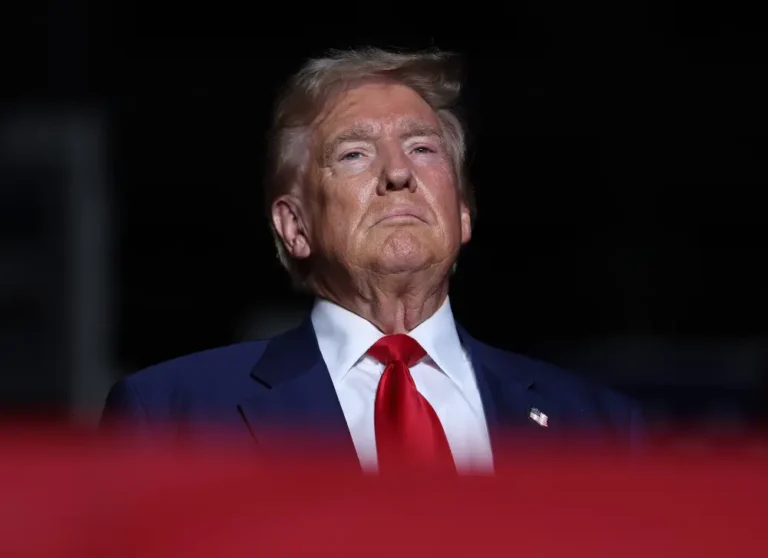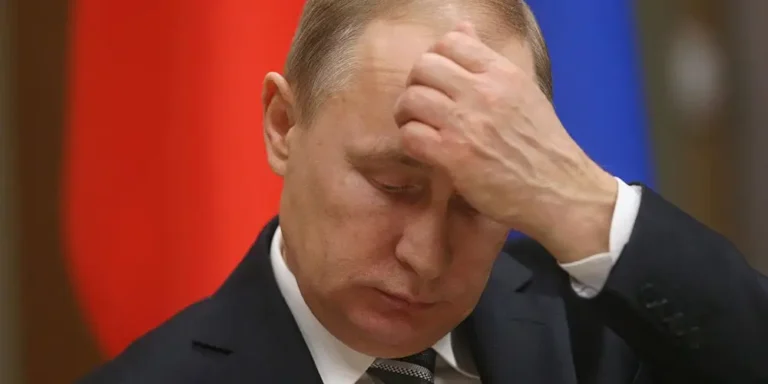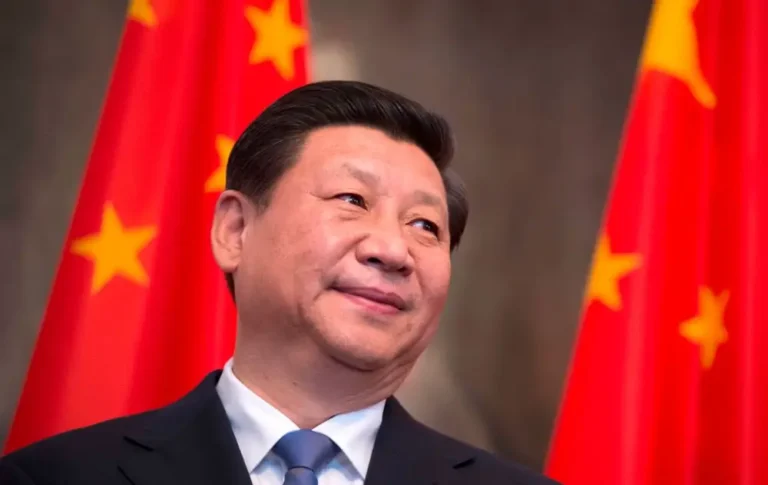A freelancer who earns six figures writing about personal finance and more shares 2 ETFs he invests in

Freelance financial writer Tony Dong focuses on ETFs.
Tony Dong has made a living out of writing about his passion: ETFs and investing.
After about a year of freelance writing on the side to make some extra money, the Canada-based millennial quit his day job in March 2022 to go all-in.
“There’s a good amount of research involved in keeping up with the investment universe and ETF space but, thankfully, it’s my hobby,” he told B-17 in 2023. “I read or listen to podcasts about it in my spare time so I don’t really look at it as work. I enjoy it. I love learning about new funds.”
B-17 caught up with the ETF expert, who runs his own site — ETF Portfolio Blueprint — and writes for publications like U.S. News & World Report and The Motley Fool, about the specific funds he owns. He brings in six figures annually from freelancing, according to documents viewed by B-17.
“I particularly like dividend growth and high-yield dividend strategies from Vanguard,” said Dong. “I don’t really care about the dividend income. Companies can return capital to shareholders through dividends, buybacks, by increasing their earnings — the way I receive it doesn’t matter, and, to be honest, dividends are fairly tax-inefficient. But I like dividend ETFs because they provide you with exposure to certain factors that have been proven by research to contribute to outperformance.”
He owns two Vanguard funds: VIG, the Vanguard Dividend Appreciation Index Fund ETF, and VYM, the Vanguard High Dividend Yield Index Fund ETF.
“They cost six basis points each, or $0.06 a year in expense ratios. So, if you invest $1,000 in them you’re looking at $6 in fees,” explained Dong. “It’s a very affordable way to access top-notch quality US stocks — and you get some higher income from it as a bonus. Everybody psychologically likes that dividend payment landing.”
Dong breaks his portfolio into two categories: “core holdings” and “satellite holdings.”
VIG and VYM are his core holdings, which he describes as “a very good portfolio building block. They offer broad diversification, low fees, and a very transparent methodology that doesn’t change a lot.”
His satellite holdings are a bit more active and riskier. He considers the single individual stock he owns, Berkshire Hathaway, a satellite holding.
What he likes about ETFs, in general, is that they are accessible, affordable, and low-maintenance.
“Think about managing a portfolio of stocks. If you want to be diversified, there’s a study that says you should have a minimum of 30 holdings if you’re limited to US large-cap stocks. Managing 30 holdings on your own is pretty tough,” he said.
That’s 30 different transactions, and requires making decisions around when to rebalance, when to cut a company, or when to double down on another.
“With an ETF, that’s all being done on your behalf,” he said.
Plus, there are endless types of ETFs to choose from.
“No matter what your investment thesis is, there’s an ETF out there for you,” said Dong. “We have ETFs today that invest in K-Pop companies; it’s called KPOP. We have companies that invest in US manufacturing: MADE. We have companies out there that invest in the global music industry: MUSQ. You can express any investment thesis you want with greater accessibility, excellent liquidity, and typically lower cost compared to trying to do it yourself.”






